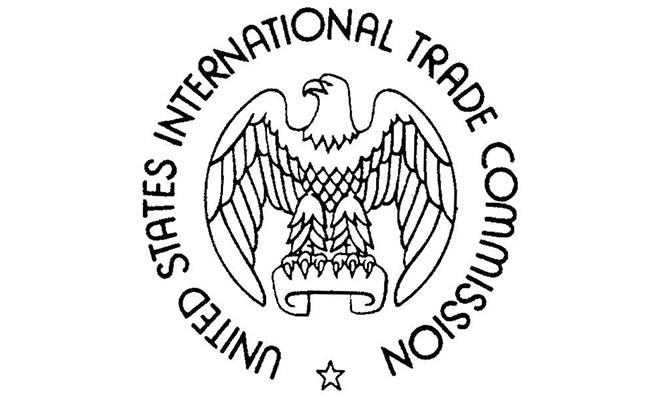On the day it was due to issue a final determination on a Samsung patent suit leveraged against Apple, the US International Trade Commission pushed back the deadline to June 4, delaying what could be a significant decision for issues relating to FRAND licensing.
Friday's extension is the second such delay for the determination, which will be the final ruling on a case involving Samsung's declared standard essential patents for UMTS cellular communications.
The Korean company first accused Apple of infringing on its patents in June 2011, seeking an embargo on the iPhone, iPad and iPod touch. It was later discovered that only older iOS devices would be affected by an ITC ban, as Apple is a third-party beneficiary of an existing Samsung licensing agreement for certain Qualcomm baseband chips, which Apple started using with the iPhone 4.
In September of 2012, ITC Administrative Law Judge James Gildea issued an initial determination clearing Apple of infringement, but the trade body chose to review the decision in November. The full Commission was slated to issue a ruling in March, but delayed judgment to May 31.
 Mikey Campbell
Mikey Campbell








 Wesley Hilliard
Wesley Hilliard
 Christine McKee
Christine McKee
 Malcolm Owen
Malcolm Owen
 William Gallagher
William Gallagher
 Andrew Orr
Andrew Orr







-m.jpg)




27 Comments
So what's the problem? Too few people to preside over cases? Too many cases? How about rating the cases on a scale of importance and actually getting to the important ones?
I don't know why we even bother to pay these people....
Must be a misprint. It says Sammy was suing Apple. We all know only Apple files lawsuits. /s @TS who gets to decide what's important.
Here is the thing. Like TS said, there is a problem (I vote for too much of these cases). It also sounds like a 'win' for Apple does exactly nothing. Same thing if Samsung 'wins' since it appears these products are no longer made. Glad all these highly paid lawyers got paid, though.
It's not the fact that the devices are no longer made that is important here. It's the fact that the F and R in FRAND stand for Fair and Reasonable. If you want your patents to be included in a standard (effectively forcing everyone to use them), you must not be able to ban their use in an arbitrary and self serving manner. This is a strategy too often executed and it must be stopped. Industry-wide acceptance as a standard should entail industry-wide publication and application of patent conditions. I do not understand how this cannot be a slam-dunk decision for the ITC.